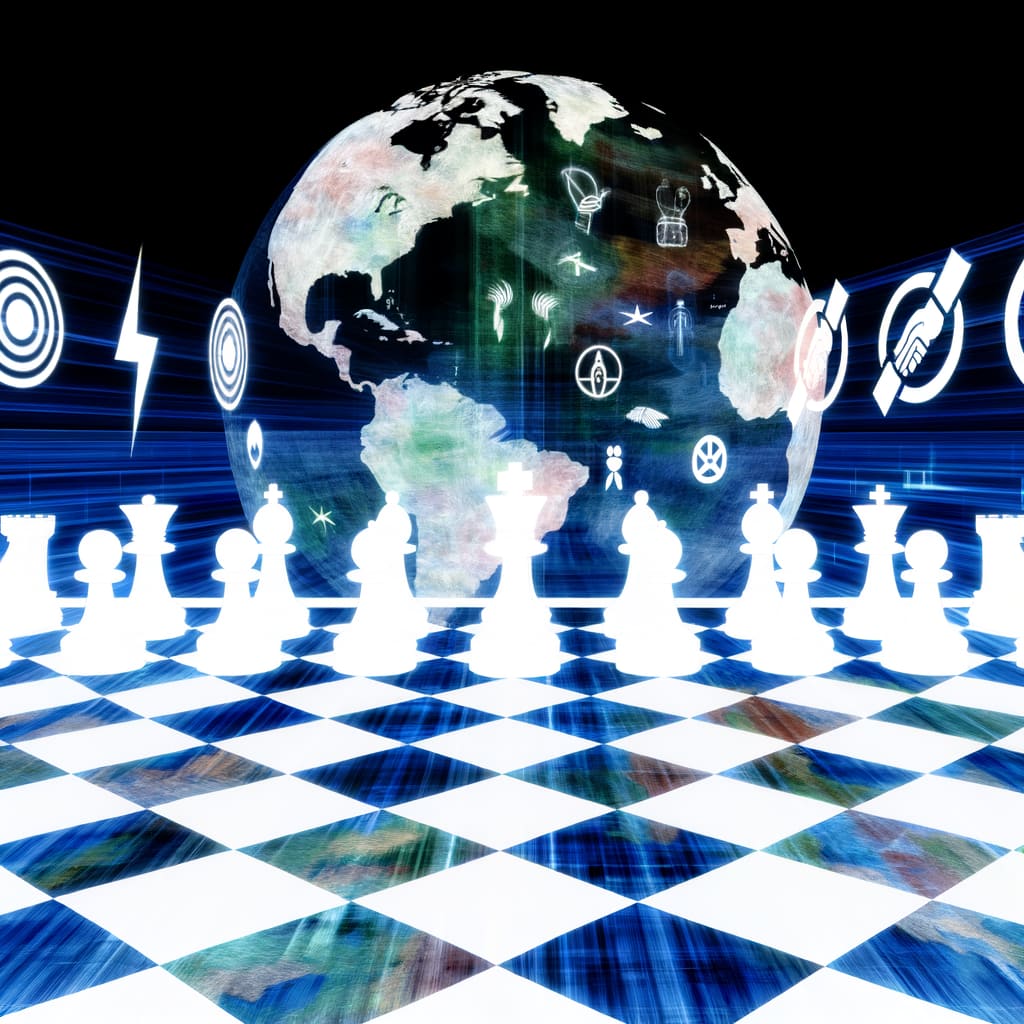US-China Relations: A Tug-of-War for Global Influence
As US retreats from international leadership under President Donald Trump's administration, the power vacuum is being contested by China and US allies. China, striving to position itself as the defender of the global order, is urging the international community to embrace multilateralism. Meanwhile, US allies such as Canada are pushing for stronger regional cooperation.
The Current State of Affairs
In a landmark visit to Mexico, the first by a Canadian leader in eight years, Canadian Prime Minister Mark Carney declared, “We will move forwards together,” underscoring the growing significance of regional cooperation. Meanwhile, Chinese Premier Li Qiang is advocating for improved Sino-US relations, urging US business, academic, and civic leaders to influence the process.
At the United Nations General Assembly, Li spoke about the importance of bilateral ties and the necessity for the two governments to work in the same direction
, a sentiment echoed by committee President Stephen Orlins.
The Power Struggle Unfolds
As China continues to plan strategically, laying down its 15th five-year plan, the US is seen to be reacting rather than strategizing, issuing executive orders and signing only a handful of bills into law. Chinese officials and their US counterparts have agreed to increase communication to manage their differences, in a potential precursor to a Trump-Xi summit.
However, China's global vision, as presented by Li Qiang at the UN, appears to be in stark contrast to the isolationism that Washington currently displays. Li called for the UN to embrace multilateral values and a stable global order, taking pointed swipes at the US. He stated, Solidarity lifts everyone up,
a message that resonates in the face of perceived US retreat from global leadership.
The Global Impact
The tug-of-war for global influence is not limited to diplomatic circles. China's rise, as evidenced by its entry into the top 10 most innovative nations, signals an inevitable shift in global power dynamics. This shift is also manifesting itself in the race to shape Indonesia's energy future, where the US and China are vying for influence.
Furthermore, China's missile power, showcased in a military parade, presents a formidable challenge to the US and Russia, adding another layer to the geopolitical game.
The Tech Battlefront
In the realm of technology, the TikTok controversy has become a flashpoint in US-China relations. Trump's executive order on TikTok has raised questions about the fate of Chinese and US companies operating in each other's markets, hinting at broader implications for trade relations.
Conclusion
The current geopolitical landscape is a complex mix of power struggles, with the US-China relations at its core. As the US retreats from its traditional role of global leadership, China is stepping up to fill the gap, challenging the established global order. However, US allies are also positioning themselves more assertively, indicating a multipolar world in the making.

